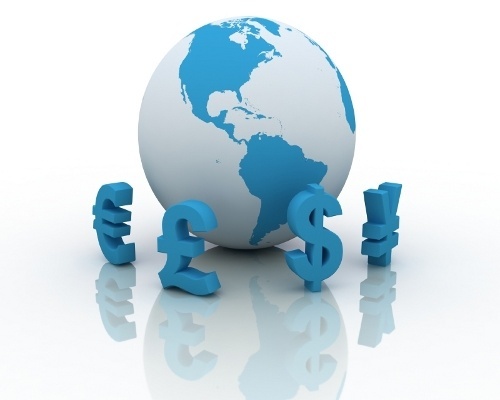
The Indian rupee has witnessed tremendous depreciation in value since the past two months, and experts opine that this is going to continue further. The central bank of the country – RBI has not been very aggressive in stemming the fall of the rupee, and opinions have been mixed in the street on actions to be taken.
Why does the exchange rate become volatile?
Before we look at how forex reserves can be used to stabilize exchange rates, and if this should be done or not, let’s examine why the exchange rate varies and become volatile. Exchange rate varies because of the demand and supply of the currencies in question. For instance, the recent appreciation of the dollar against the rupee has been due to the high demand for the dollar, leading to a decreased dollar supply. Lower dollar supply has made it more expensive, thus resulting in a devaluation of the rupee. Expectations that USA will reduce Quantitative Easing measures and the gradual, steady increase in rates in the developed countries has resulted in a steady outflow of dollars from the emerging economies. India, characterized by a high inflation has been the worst hit, resulting in a high US dollar outflow, making the US dollar appreciate against the Indian rupee.
How can Forex reserves be used to stabilize exchange rates?
We next look at how RBI can use the forex reserves to reduce this depreciation of the rupee. As the exchange rate is primarily determined the supply of the dollar within the country, RBI can control this by controlling the supply of currencies. By buying or selling the US dollar through money market operations, the rupee can be made to depreciate or appreciate respectively. For example, in the current scenario, as the US dollar supply is low in the country, RBI sells some dollars from its forex reserves into the market and buys rupees in exchange. This increases dollar supply and reduces rupee supply. This increases the value of the rupee, causing it to appreciate. On the other hand, if there is a scenario when the dollar supplies are huge, the dollar will depreciate and the rupee appreciates significantly. In this case, Indian exports will suffer due to the rupee appreciation. RBI then buys dollar from the market to reduce the dollar supply, and sells rupee. This results in an increase in the forex reserves. As rupee supply increases, the value of rupee depreciates. This is the way forex reserves are used to monitor exchange rate – if forex reserves are sufficient, RBI can play with the exchange rate for a longer duration.
Should Forex reserves be used to control exchange rates?
India currently sits on about $280 billion foreign exchange reserves. Although the working of forex reserves to control exchange rates looks uncomplicated from a theoretical viewpoint, it is not really simple due to the complexity of inter-related factors. While use of forex reserves to bring about stability in the local currency has not been advised by many economists, there is a section which believes that this is an effective way to curb rupee depreciation. Citing that India’s present situation is very different from the 1991 crisis, when forex reserves were as low as $3 billion, World Bank Chief Economist Kaushik Basu recently indicated that forex reserves can be used to curb the rupee volatility, rather than turning to IMF. However, the view by a certain section of economists is that forex reserves should not be used for playing with the exchange rate and that the market will find its own balance. As the current rupee depreciation is not a one-off case, and as it is dependent on several other factors like US policy actions, India’s growth prospects and the inflation scenario in the country, playing with forex reserves may not be the best of options to stabilize the exchange rate. This can bring about temporary relief in the markets. The right exchange rate which benefits both imports as well as exports in the country can be achieved by means of structural change in policy reforms, active measures to bring down inflation and looking at ways of bringing down the Current Account Deficit scenario in the country.